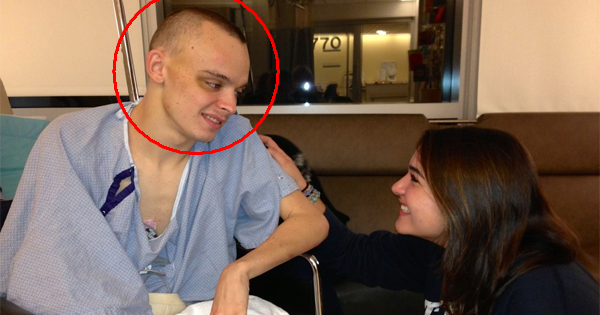When Dylan Williams was in his third year at Tufts University, he was hit by a car while walking through a crosswalk. His head had gone through the car’s windshield, causing a brain injury so traumatic that his doctors suspected he might be disabled for the rest of his life.
At the hospital, after Williams had a brain scan completed, the neurologist warned Williams’ mother that the odds of her son returning to his current mental ability was “10,000 to 1 – I mean, something astronomical.”
Williams suffered a rotational brain injury; his brain had been jolted inside his skull, causing a lot of cellular-level damage that had the potential to leave Williams dependent on a carer for the remainder of his life.
The one aspect that doctors remained positive about was Williams’ youth.
Age has a huge influence on the brain’s neuroplasticity, the brain’s ability to reform connections among the various parts of the brain after old connections have been injured or severed.
It took almost a week for Williams to start responding to his doctors and the presence of his family and friends gathered around his bedside. He slowly opened his eyes on his own, then began to follow people’s presences around the room.
His doctors suggested that in the early days of Williams’ recovery, Williams should have regular mental stimulation to encourage the repair functions in his brain. Many of Williams’ family members and friends from Tufts responded to this call by taking time off from their respective work and school schedules to keep Williams company, providing him a familiar, comfortable level of social interaction.
Williams constantly received ample support and encouragement from his doctors, family, and friends, but no one ever anticipated that his recovery would proceed as smoothly as it did.
It took Williams a couple more semesters than he had originally planned, but he has since graduated from Tufts University as Phi Beta Kappa and received an award of excellence from his history department.

One of the neurologists who had seen Williams’ first MRI scan, Dr. Brian Edlow, recalled, “After seeing Dylan’s MRI scan, if you had asked 100 doctors who were experts in TBI if they thought he was going to be Phi Beta Kappa, probably all 100 would have said no.”
Williams’ case was, according to Dr. Edlow, not statistically possible from any prior study, research, or publication. It was “truly unexpected and incredible,” Dr. Edlow concedes. He now continues to remember and tell Dylan’s story to inspire hope and optimism for other trauma patients and their families.





